In 2024 , as the rotating ASEAN Chair , the Lao People's Democratic Republic hosted the 2nd ASEAN Finance Ministers' Meeting , the 11th ASEAN Finance Ministers' and Central Bank Governors' Meeting and related meetings for 2 days from April 4-5, 2024 in Luang Prabang (Laos) . After 2 days of active work with a series of events and sideline meetings, the 11th ASEAN Finance Ministers' and Central Bank Governors' Meeting (AFMGM) was a great success and issued a Joint Statement with 4 2 points . The Ministry of Finance's e-portal respectfully publishes the full text of the Joint Statement of the Conference:
The 11th ASEAN Finance Ministers and Central Bank Governors Meeting (AFMGM) unanimously issued a Joint Statement.
1. The 11th ASEAN Finance Ministers and Central Bank Governors Meeting (AFMGM) was co-chaired by Mr. Santiphab Phomvihane, Minister of Finance of Lao PDR and Mr. Bouleua Sinxayvoravong, Governor of the Central Bank of Lao PDR.
Priority topics of the ASEAN Chairmanship year
2. The Meeting welcomed the theme of ‘ASEAN: Enhancing Connectivity and Resilience’ for Lao PDR’s ASEAN Chairmanship 2023. This theme reflects Lao PDR’s vision to strengthen the ASEAN Community, enhance ASEAN cooperation on connectivity and resilience, promote infrastructure connectivity and enhance ASEAN’s relations with external partners, while maintaining ASEAN’s centrality in the evolving regional architecture. Lao PDR’s priorities focus on three strategic thrusts: (i) Economic Integration and Connectivity, (ii) Building an Inclusive and Sustainable Future, and (iii) Transforming for a Digital Future.
3. The meeting welcomed Lao PDR for successfully implementing the Priority Economic Objectives (PED) in financial cooperation, namely “Enhancing Policy Dialogue to Address Financial Gaps and Increase Financial Access among MSMEs”, which brought together the Working Committee on Financial Inclusion (WC-FINC) together with external partners and key stakeholders, including the Center for Impact Investment and Practice (CIIP) and the ASEAN Coordinating Committee on Micro, Small and Medium Enterprises (ACCMSME) to discuss ways and initiatives to bridge the financial gap for MSMEs such as through tapping digital infrastructure, improving financial literacy, promoting financial service providers and strengthening credit institutions. The meeting noted the progress of the PED in the technical study on the next-generation ASEAN Single Window (ASW) with the aim of establishing a new vision for a more open, inclusive and interoperable ASW to facilitate the connectivity and exchange of trade-related electronic documents. This study will also complement the main objective of the Bandar Seri Begawan Roadmap for ASEAN to promote initiatives in the areas of trade facilitation and digitalization, and is in line with the objective of the ASEAN Digital Economy Framework Agreement (DEFA), which is to create a seamless digital trade ecosystem across the region.
Economic Updates and Challenges
4. The meeting discussed with the ASEAN+3 Macroeconomic Research Office (AMRO), the Asian Development Bank (ADB), the World Bank (WB) and the International Monetary Fund (IMF) the global and regional economic outlook, risks and challenges in the region. Although the ASEAN economy is forecast to grow by 4.9% in 2024, the downward revision of the forecasts reflects more serious challenges for the ASEAN economy.
5. The meeting noted that the region’s better-than-expected economic performance was driven by robust domestic demand and rising investment amid moderate inflation. Despite the global commodity price slowdown and lackluster demand, improving export performance in most ASEAN countries, while tourism, which is expected to return to pre-pandemic levels, will boost growth in the region.
6. The meeting also recognized that risks remain tilted to the downside, particularly due to the adverse financial impact from geopolitical tensions, volatile global commodity prices and weaker economic growth in China. Other structural issues, including climate change, rapid digitalisation and ageing populations will continue to shape the economic development of the ASEAN region. Stronger regional economies, through enhanced integration and connectivity within ASEAN, are essential to navigate the challenging global environment.
Financial integration and liberalization
7. The Meeting commended the efforts of the Working Committee on Financial Services Liberalization (WC-FSL) on progress in new and ongoing financial services liberalization initiatives, including: (i) the continued implementation of the AFAS Ninth Protocol; and (ii) the continued efforts of the WC-FSL in transitioning the final AFAS financial services commitment package into the ASEAN Trade in Services Agreement (ATISA). The Meeting also welcomed the outcomes of the WC-FSL, including: (i) the implementation activities related to the Strategic Direction and Priority Plans (SDPPs) under the ASEAN-Australia-New Zealand Free Trade Agreement (AANZFTA); and (ii) the positive progress made in the negotiations of the ASEAN-Canada Free Trade Agreement (ACaFTA), with substantive understanding and consensus on a number of provisions. Finally, the Meeting noted the initiatives related to skills upgrading that WC-FSL is aiming for through the ASEAN-UK Financial Services Cooperation.
8. The Meeting noted the progress of the ASEAN Banking Integration Framework (ABIF) Review and encouraged the Working Committee on ASEAN Banking Integration Framework (WC-ABIF) to maintain progress towards concluding discussions on revising the scope and application of the ABIF in the new context of digital development.
Facilitating trade and investment
9. The Meeting commended the efforts of the Working Committee on Capital Account Liberalization (WC-CAL) for the significant progress in capital account liberalization of ASEAN Member States (AMS). The Meeting noted the progress made in improving the hot issues in CAL as well as individual CAL plans. The Meeting also encouraged WC-CAL to continue to strengthen policy dialogue mechanisms and information exchange on capital flow and foreign exchange management measures among AMS.
10. The Meeting welcomed the completion of the work of the ASEAN Local Currency Transactions (LCT) Task Force and welcomed the establishment of the ASEAN LCT Framework which has identified key objectives to enhance access and efficiency in local currency transactions and promote wider adoption by market participants in the region. The Meeting adopted the principles, priorities in strategic areas, key elements, strategies, scope of operations and ecosystem to guide AMS in their policy and regulatory approaches to promote the use of local currencies for cross-border transactions as set out in the ASEAN LCT Framework.
11. The Meeting welcomed the revised TOR of WC-CAL, which aims to achieve orderly capital account liberalization while enhancing dialogue on the policy tools needed to respond to shocks facing the region. The Meeting looked forward to the work of WC-CAL to further support AMS’ current and future capital account liberalization efforts, discuss macroeconomic and financial developments, policy approaches and combinations, and promote local currency transactions in the region.
12. The Meeting noted the progress of Customs initiatives supporting the realisation of the ASEAN Economic Community (AEC) Blueprint 2025, including the implementation of the ASEAN Mutual Recognition Agreement on Authorised Economic Operators (AAMRA); the direct implementation of the ASEAN Customs Transit System (ACTS) in Myanmar; the development of guidelines for the exchange of information on e-commerce data between customs authorities and e-commerce businesses; the successful conclusion of the first Common Customs Control Exercise; and the finalisation of the Customs Reform and Modernisation (CRM) gap analysis.
13. The Meeting welcomed the Study on Next Generation ASEAN Single Window as one of the PEDs of Lao PDR, the final study of which will provide recommendations on policy, technical and legal aspects to support interoperability of the ASW with other platforms. The Meeting also noted the recent agreement to amend the e-Form D of the ASEAN Trade in Goods Agreement (ATIGA) to support additional functions on the exchange of ATIGA Form D for cancellation and query; the direct implementation of the ASEAN Customs Declaration Document (ACDD) among the nine (9) AMSs; and encouraged the remaining AMSs to expedite the completion and implementation of the regional electronic document exchange. The Meeting also noted the progress in the exchange of trade-related documents with Dialogue Partners.
14. The Meeting welcomed the ASEAN Forum on Taxation (AFT) Working Group’s progress in implementing initiatives related to finalizing and improving the network of bilateral tax treaties among AMS, including the recently concluded Brunei-Philippines Double Taxation Avoidance Agreement (DTA) to address double taxation issues and encouraged AMS to further finalize and improve the network of bilateral tax treaties to improve the investment climate in the region. The Meeting also welcomed the progress in strengthening the withholding tax structure in the region, through the discussion of best practices on withholding tax 3 and 4, AMS’ update on the implementation of internationally agreed Exchange of Information (EOI) standards; and promote awareness of international tax issues relevant to AMS’ preparedness for the implementation of Pillar 2 on Base Erosion and Profit Shifting (BEPS), digital tax administration to enhance domestic resource mobilization, EOI, Crypto Asset tax challenges; and new possibilities to support revenue and social objectives. The meeting also noted the achievements of the Sub-Forum on Excise Tax Cooperation and initiatives to enhance the sharing of AMS excise tax information among countries, including excise tax regulations on tobacco and alcohol products, so that members can learn from each other’s experiences in enhancing their preparedness for future challenges on international tax issues.
Connecting finance, payments and services
15. The Meeting welcomed the progress in the adoption and promotion of cross-border QR payments in ASEAN, with the implementation of the Cambodia-Laos, Cambodia-Vietnam, Singapore-Indonesia, Singapore-Malaysia and Lao-Thailand linkages, further positioning ASEAN at the forefront of QR payment integration globally. The Meeting encouraged the Working Committee on Payment and Settlement Systems (WC-PSS) to continue to identify the current challenges in the adoption and use of cross-border QR payments, propose concrete actions to promote adoption and promote collaboration among central banks and banking industry associations to further promote adoption. The Meeting also welcomed and was pleased with the launch of the Singapore-Malaysia cross-border person-to-person (P2P) remittance link, which enables instant transfers of funds through proxies such as mobile phone numbers.
16. The Meeting noted the progress of the WC-PSS and the Bank’s International Payments Innovation Hub (BISIH) on multilateral payment links of the Nexus Project with the expected completion of Phase III and subsequent launch of Phase IV. The Meeting also welcomed the signing of the Memorandum of Understanding (MOU) on Regional Payment Connectivity (RPC) by Brunei Darussalam and Lao PDR. The Meeting looked forward to the accession of the RPC by the remaining AMS and its expansion to other countries or jurisdictions outside ASEAN.
17. The Meeting welcomed the completion of the study on “Baseline Assessment to Inform ASEAN’s Approach to Measuring G20 Cross-Border Payments Targets”, which highlighted progress and opportunities to further close the gap in meeting the G20 targets on cost, speed, transparency, and accessibility of retail payments and cross-border remittances in ASEAN.
Sustainable Infrastructure Finance
18. The Meeting welcomed the repositioning of the ASEAN Infrastructure Fund (AIF) as a regional leader in green finance, through the integration of the ASEAN Catalytic Green Finance Fund (ACGF) and aligning AIF funding with the ACGF Investment Principles and Eligibility Criteria, which are aligned with the objectives of the ASEAN Sustainable Finance Taxonomy (ASEAN Taxonomy) for financing infrastructure projects in ASEAN. The Meeting also welcomed the AIF Administrator’s annual review of the alignment of newly approved projects with the ASEAN Taxonomy. The Meeting also noted the AIF’s next steps to optimize its existing capital base and mobilize more resources for sustainable infrastructure, including the initiative to conduct a comprehensive strategic review of its operations to address the region’s critical need for climate-resilient infrastructure.
19. The Meeting noted the progress of the Working Committee on Capital Market Development (WC-CMD), in particular the WC-CMD Infrastructure Finance Working Group, on knowledge sharing on sustainable bonds with the aim of facilitating the financing of sustainable infrastructure projects in the region through the issuance of sustainable bonds. The Meeting was pleased with the progress of WC-CMD’s collaboration with the ASEAN Capital Markets Forum (ACMF) on the ASEAN Taxonomy and Transition Finance Guidelines, which serve as a common set of guidelines for a fair, credible and orderly transition, and the study on Accelerating Decarbonization in ASEAN through Voluntary Carbon Markets (VCM) focusing on the disclosure and transition perspectives for the region.
Sustainable Finance
20. The Meeting noted the conclusion of the ASEAN Taxonomy Board’s (ATB) targeted consultation on the ASEAN Taxonomy for Sustainable Finance (ASEAN Taxonomy) Version 2, which took place from June to November 2023. The feedback to the consultation process, which involved stakeholders from the financial and real sectors, government agencies, regional and international organizations, and non-governmental organizations, was largely positive and reinforced the need for a regional taxonomy. The consultation made a number of recommendations to improve clarity of definitions and usability, which were subsequently incorporated into an updated version of Version 2, which was released on 19 February 2024. The Conference noted that Version 2 is now in force and serves as a clear demonstration of the region’s commitment to facilitating a just, credible and orderly transition.
21. The Meeting welcomed the release of the ASEAN Classification Version 3, published for comments on 27 March 2024. The ASEAN Classification Version 3 includes a number of improvements to the assessment methodologies for No Significant Detriment and the proposed Technical Screening Criteria (TSC) for two more focus sectors, namely Transport and Warehousing, Construction and Real Estate under the Plus Standard. The Meeting stressed that the ATB should continue to develop a robust and comprehensive TSC, taking into account the diverse circumstances of AMS while remaining interoperable with other international frameworks and standards, as the ATB develops the TSC for the remaining three focus sectors and two supporting sectors. This is critical to ensuring a just, credible and orderly transition for ASEAN, and affirms the role of the ASEAN Classification as an overarching guide for AMS to effectively direct funding towards a more sustainable and resilient ASEAN.
22. The Meeting welcomed the preliminary outcomes and recommendations of the ASEAN Green Map under the supervision of the ASEAN Central Bank High Level Committee. The Meeting looked forward to the completion of the ASEAN Green Map, which will articulate ASEAN’s vision for an inclusive sustainable finance ecosystem in the region and outline the essential building blocks for such an ecosystem. The Meeting also welcomed the progress of the implementation of the second edition of the ASEAN Learning Programme on Sustainable Finance and we look forward to the third edition later this year.
23. The Conference welcomed the ACMF-IFRS Dialogue Protocol on IFRS Sustainability Disclosure Standards to be signed in October 2023. This Protocol serves as a guide for the ACMF’s future engagement with the IFRS Foundation’s International Sustainability Standards Board (ISSB). This will facilitate the ACMF’s ongoing feedback to the ISSB on standards development and provide capacity building initiatives for ACMF Members and stakeholders.
24. The Meeting commended the ACMF for adopting Version 1 of the ASEAN Transition Finance Guidelines (ATFG) in October 2023, which serves as a common set of guidelines on what constitutes a fair, equitable, credible and orderly transition. The Meeting looked forward to the next phase of the ATFG, which will include stakeholder consultations to seek feedback on the key elements outlined in Version 1 and develop plans to expand the Guidelines based on the feedback received.
25. The Meeting also welcomed the publication of the Handbook on Cross-Border Offerings of ASEAN Sustainable and Responsible Funds (SRFs) under the ASEAN Collective Investment Scheme (CIS) Framework (the “ASEAN CIS-SRF-Handbook”) which was adopted in October 2023. The Handbook aims to provide guidance to market participants on the various legal requirements and administrative procedures applicable to the cross-border offering of the ASEAN CIS-SRF in each signatory jurisdiction.
26. The Meeting was pleased with the adoption of the revised version of the ASEAN Corporate Governance Scorecard (ACGS) to align with the updated G20/OECD Principles of Corporate Governance, incorporating recent developments in capital markets and corporate governance practices, focusing on shareholder rights and equitable treatment, transparency and disclosure, board responsibilities and the new area of sustainability and resilience.
27. The Meeting welcomed the progress of the ASEAN Insurance Regulators Meeting (AIRM) initiatives to enhance ASEAN insurance cooperation by exchanging knowledge and updating on recent developments, particularly on sustainability and digitalisation. The AIRM also discussed the role of the insurance industry in supporting ASEAN’s sustainable development goals and digital transformation. The Meeting also welcomed member initiatives to promote sustainability-related insurance, including through sharing best practices (i) on sustainable insurance in areas such as transport, agriculture, microinsurance and healthcare; (ii) on insurance agency regulation for sustainable development of the insurance market; and (iii) supporting the implementation of the circular economy framework for the ASEAN Economic Community to facilitate the circular economy transition in the region. The meeting discussed and welcomed the release of the ASEAN Insurance Supervisory Report 2023, which highlights the performance of the regional and global insurance industry and provides an update on regional cooperation and integration initiatives in the insurance sector under the AEC Blueprint 2025. The meeting also noted the progress in implementing the ASEAN Compulsory Motor Insurance System.
Comprehensive Finance
28. The Meeting noted that ASEAN’s average financial illiteracy rate was 20.77% and financial infrastructure readiness rate was 86.57% as of December 2023, which exceeded the 2025 target of 30% and 85% respectively in the Strategic Action Plan (SAP) on Financial Integration 2016-2025. The Meeting commended WC-FINC for its role in promoting financial inclusion in ASEAN.
29. The Meeting endorsed the finalized ASEAN Policy Toolkit “Trust Index: Unlocking Responsible Digital Payments for Micro-Merchants” (Toolkit), which highlights insights into key behaviours of micro-merchants to build trust and expand the use of digital payment infrastructure and low-cost solutions, which are currently prevalent across ASEAN. The Toolkit also provides policy recommendations to support the adoption of digital financial services and digital payments to promote greater financial inclusion for micro-entrepreneurs. The Meeting welcomed the completion of the study on “Interoperable Digital ID as a Catalyst for Financial Inclusion in ASEAN”, which highlighted the potential of cross-border digital ID to enhance access to financial services and facilitate cross-border transactions and trade in ASEAN.
30. The Conference looks forward to WC-FINC continuing to engage with ACCMSME together with relevant international organizations and strategic partners in further promoting financial inclusion and financial literacy among MSMEs.
Disaster Risk Finance
31. The Meeting was pleased with the completion of Phase 2 of the ASEAN Disaster Risk Financing and Insurance (ADRFI) Programme, which comprises three pillars of risk assessment, risk advisory and capacity building under the programme offices of the Institute of Disaster Risk Management (ICRM) of Nanyang Technological University and the ASEAN Secretariat. On risk assessment and advisory, the Meeting noted the completion of the Insurance Risk Data for all 6 AMS participating in ADRFI-2 and the provision of final national risk reports and ASEAN regional risk reports. The ADRFI-2 data and analytics platform will help policymakers quantify their financial exposure to natural disasters, assess financing gaps and possible disaster risk financing solutions, and plan targeted capacity building. On capacity building, the Conference welcomed the successful implementation of six (6) capacity building activities to enhance AMS resilience to disaster risks.
32. The Meeting noted ICRM’s initiative to continue the ADRFI 2 forum through the support of ASEAN+3 forums to further promote coordination with the SEADRIF initiative. ASEC and ICRM will prepare the necessary TOR to provide the foundational transfer techniques including data governance and security to provide further clarity to AMS on data management.
Interdisciplinary cooperation
33. The Meeting noted the progress in the discussion on Indonesia’s proposal to establish an ASEAN Inter-Agency Working Committee (ACS-WC) with three sub-working groups to address potential cross-cutting issues in disaster risk financing and insurance, health and food security issues with relevant sectors such as Health and Food, Agriculture & Forestry. The Meeting encouraged the ASEAN Secretariat to engage in further discussions with relevant sectoral bodies on the proposed initiative. The Meeting also encouraged officials to discuss the proposal to convene the 2nd ASEAN Finance and Health Ministers Meeting.
Review of the Working Committee's mandate
34. The conference welcomed the process of reviewing the tasks of the working committees on the financial process and the central bank, including the approval of high -level guidelines (HLG) and Tor proposed by the working group on reviewing the tasks of the working committee. The conference encouraged all HLG -use committees to give a timeline in accordance with the initiative after 2025 to end the overall assessment of their tasks.
ASEAN Treasury Forum
35. The conference welcomed the progress in the initiative to establish the ASEAN Treasury Forum (ATF) as a peer -to -peer learning foundation for AMS countries to discuss policies and practices on public financial management and treasury. To recognize the solid support from all AMS in previous discussions, the conference approved the establishment of ATF to encourage the cooperation between AMS in improving the regional financial system and contributing to strengthening the ASEAN financial process. The conference expects the launch of ATF and the first conference to be held by the end of 2024 in Indonesia.
Guidelines for attracting and cooperating with external partners potential in ASEAN financial cooperation
36. The conference approved the guidance on attracting and cooperating with external partners in ASEAN financial cooperation, which offers widely instructions on how external partners can participate in the ASEAN financial process, including specialized agencies and working committees.
ASEAN - UK Financial Service Cooperation
37. The Conference welcomes ASEAN-English Financial Service Cooperation that will support ASEAN in three work fields, namely: (i) Strengthening regional market infrastructure through sharing knowledge, digitizing capital markets and developing financial service roadmap; (ii) Access and integrate into financial to improve the financial access of MSME through sharing knowledge, legal context as well as payment and settlement systems; and (iii) Green finance to further promote the sharing of green, social and better information on knowledge through knowledge sharing.
38. The Conference welcomed the ASEAN-English Economic Integration Program (EIP), this is a 5-year economic development program worth up to £ 25 million to support building capacity and sharing knowledge with all member states on regulations, trade and financial services. The conference noted that the pillar of financial services was aimed at supporting the 2025 strategic action plan and moreover in enhancing financial access between individuals and businesses, especially MSME and women through appropriate projects/partnerships and demand with branch and national state agencies.
39. The Conference recorded the United Kingdom's research in ASEAN on supply chain trade and finance, and acknowledged the importance of trade finance in the liberation of trade potential, challenges that limit the access to trade finance and feasible solutions.
Dialogue with the Business Council
40. The conference expressed high appreciation for the ASEAN Business Advisory Council, the US-ASEAN Business Council and the EU-ASEAN Business Council on exchanging views on regional and global issues. The conference acknowledged the role and important contribution of partners in ASEAN's business sectors in supporting ASEAN's initiatives to promote regional economic agenda towards sustainable, resilient and comprehensive growth.
Conclude
41. Conference highly appreciated the support of the ASEAN Secretariat for the 11th AFMGM and related conferences.
42. The Conference highly appreciated the Lao PDR for hosting the 11th AFMGM and related conferences, and expects Malaysia to take on the role of president in 2025./.
H.
Source

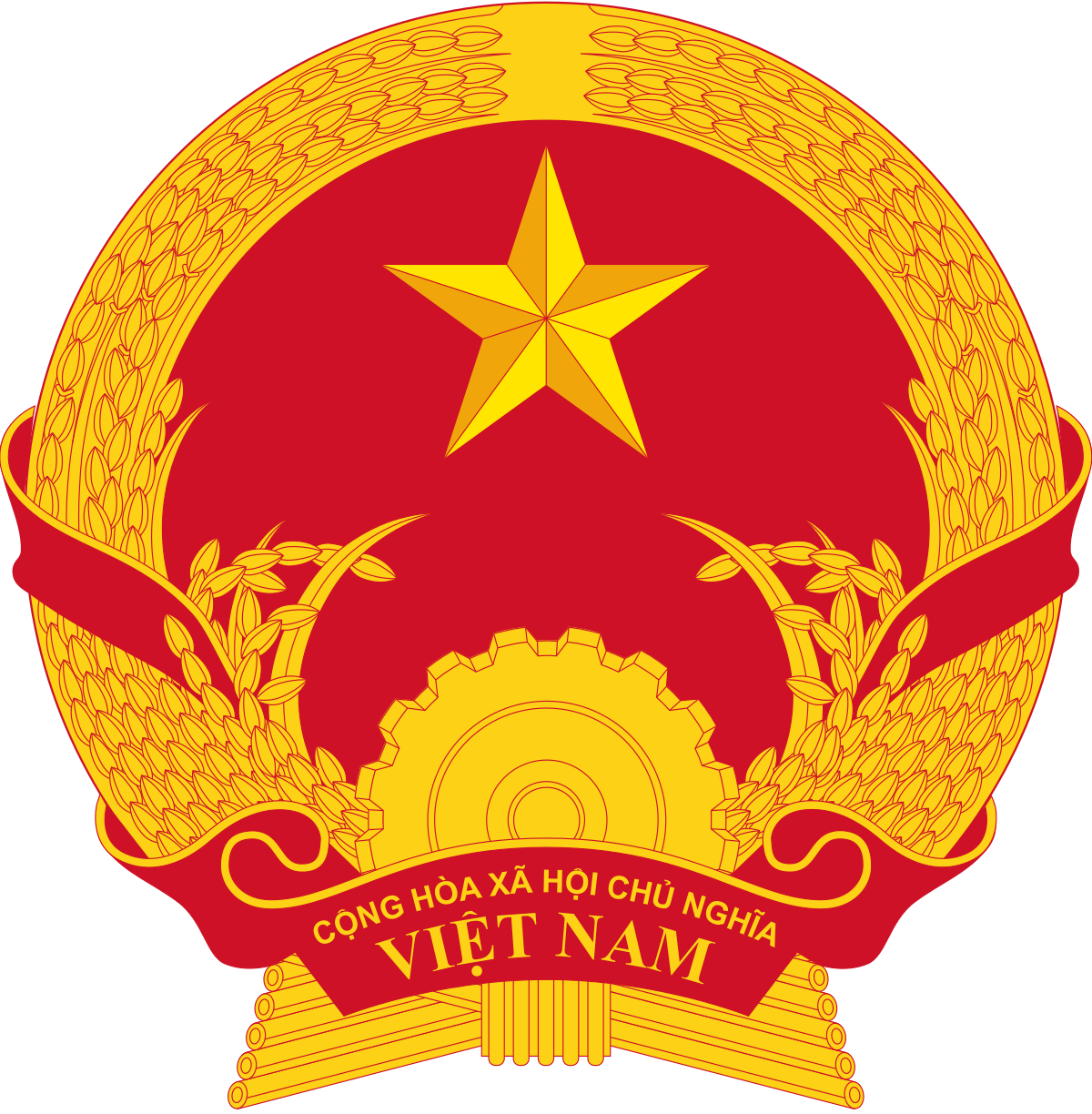
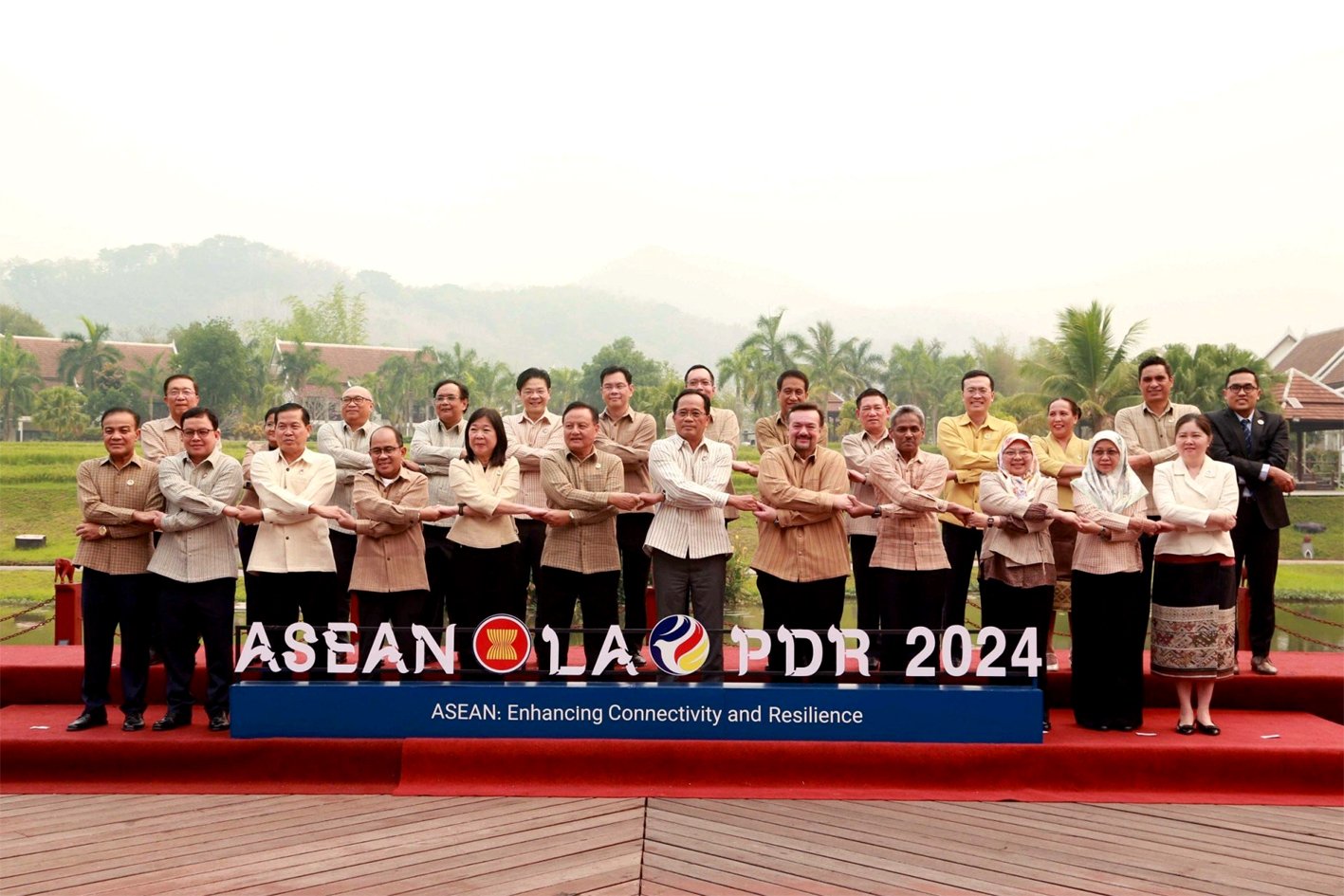
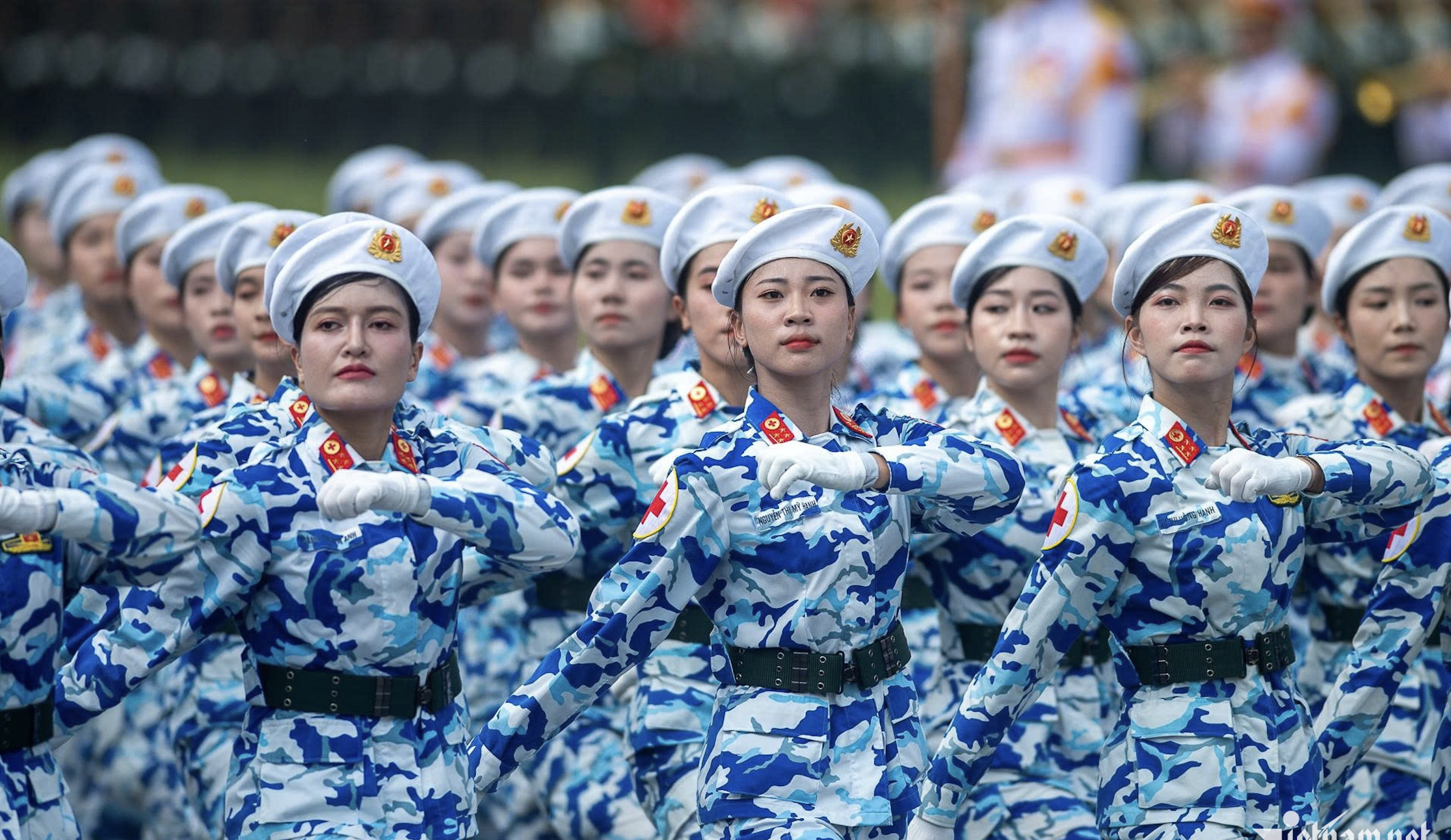
![[Photo] Hanoi: Authorities work hard to overcome the effects of heavy rain](https://vstatic.vietnam.vn/vietnam/resource/IMAGE/2025/8/26/380f98ee36a34e62a9b7894b020112a8)

![[Photo] Multi-colored cultural space at the Exhibition "80 years of the journey of Independence - Freedom - Happiness"](https://vstatic.vietnam.vn/vietnam/resource/IMAGE/2025/8/26/fe69de34803e4ac1bf88ce49813d95d8)






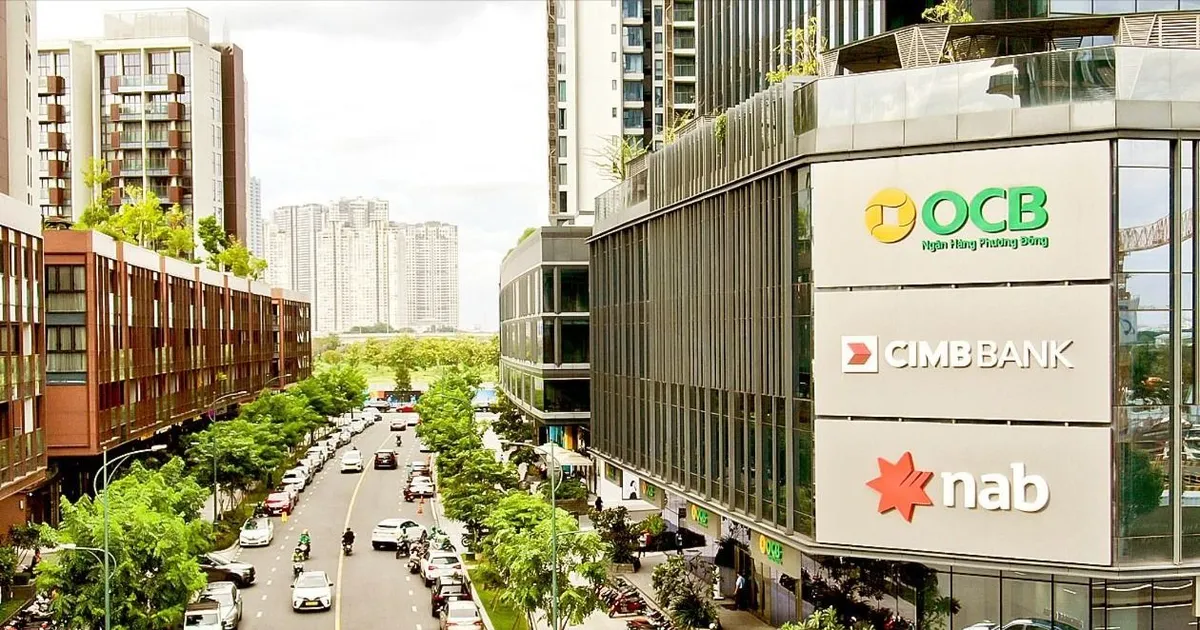
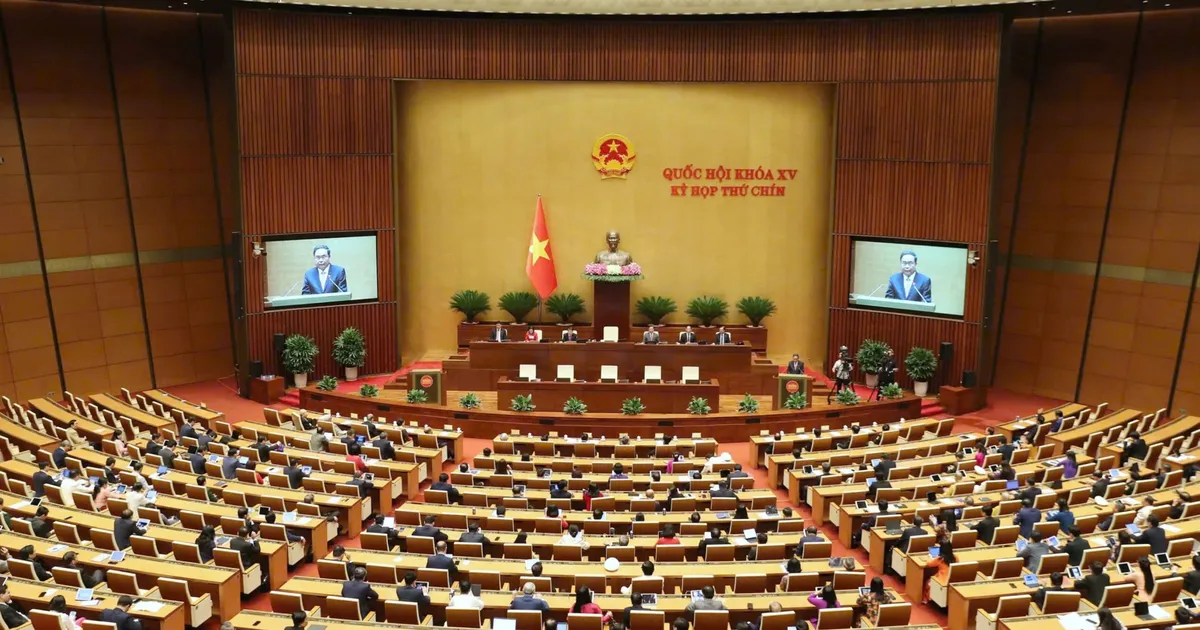
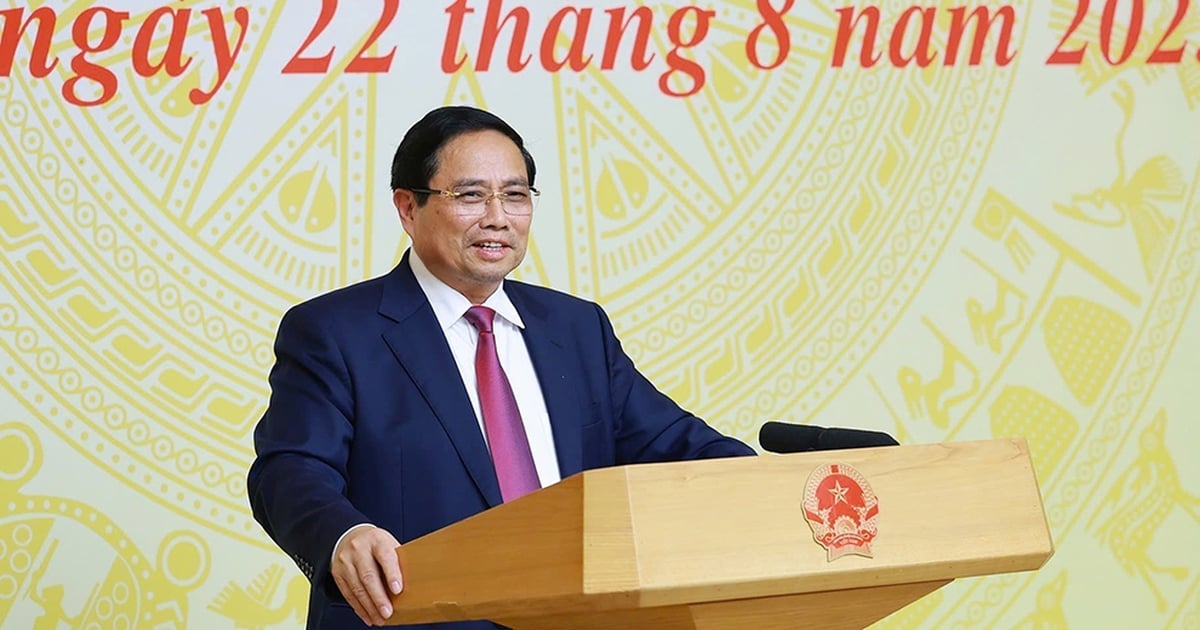

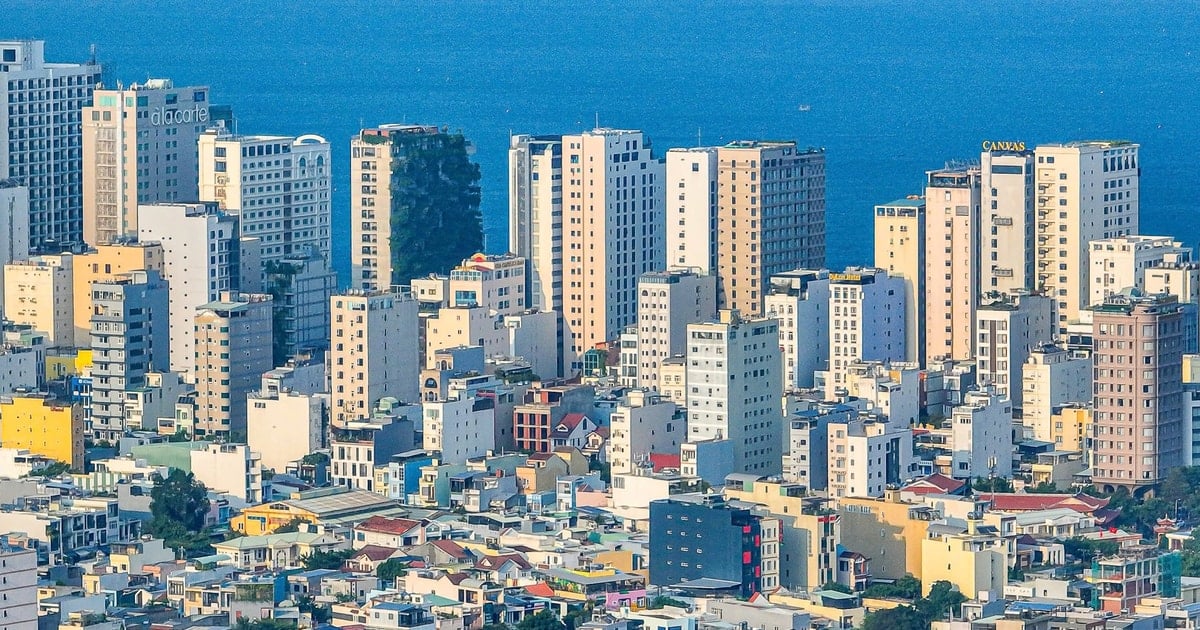

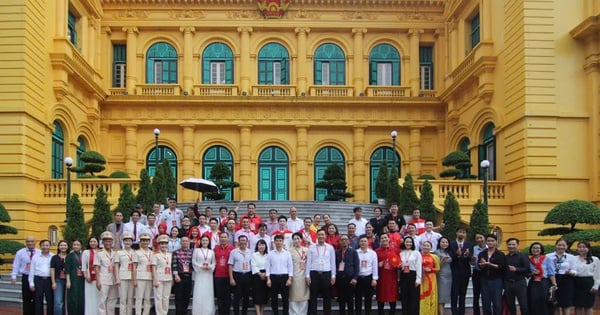


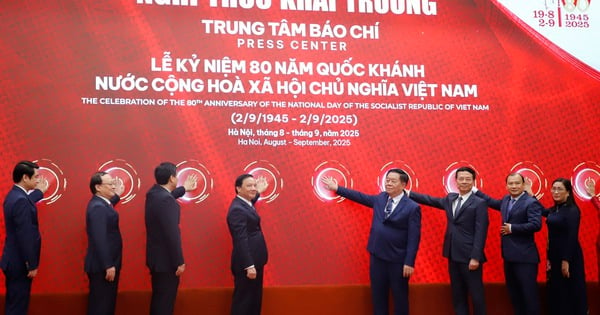


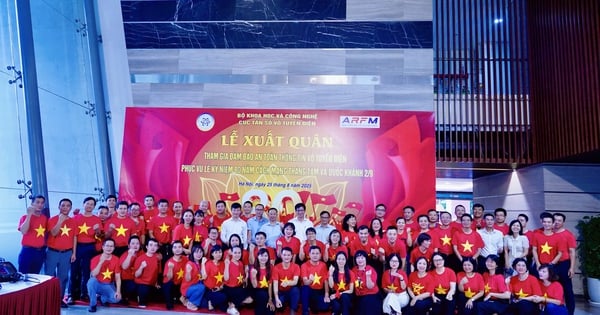




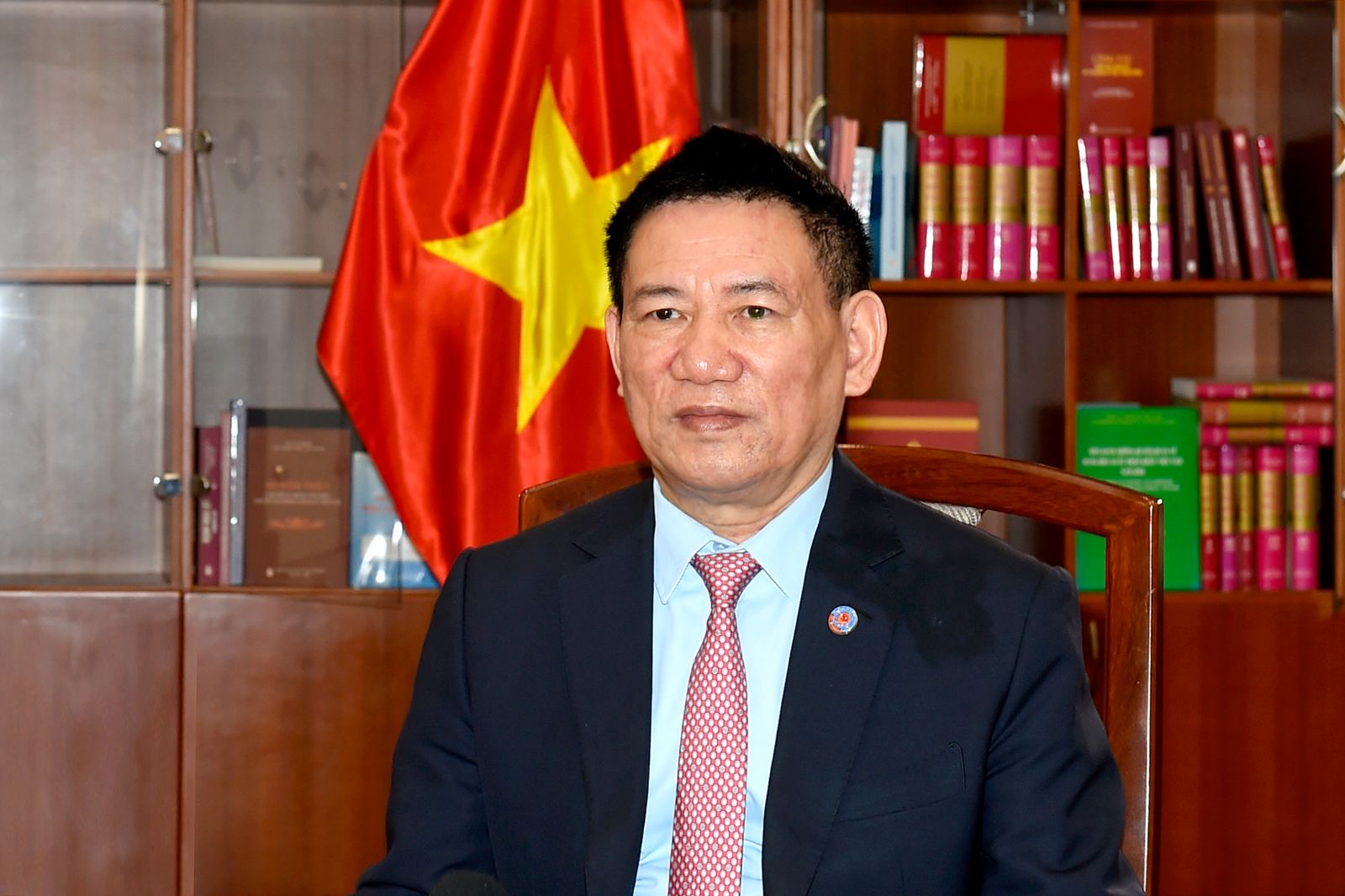
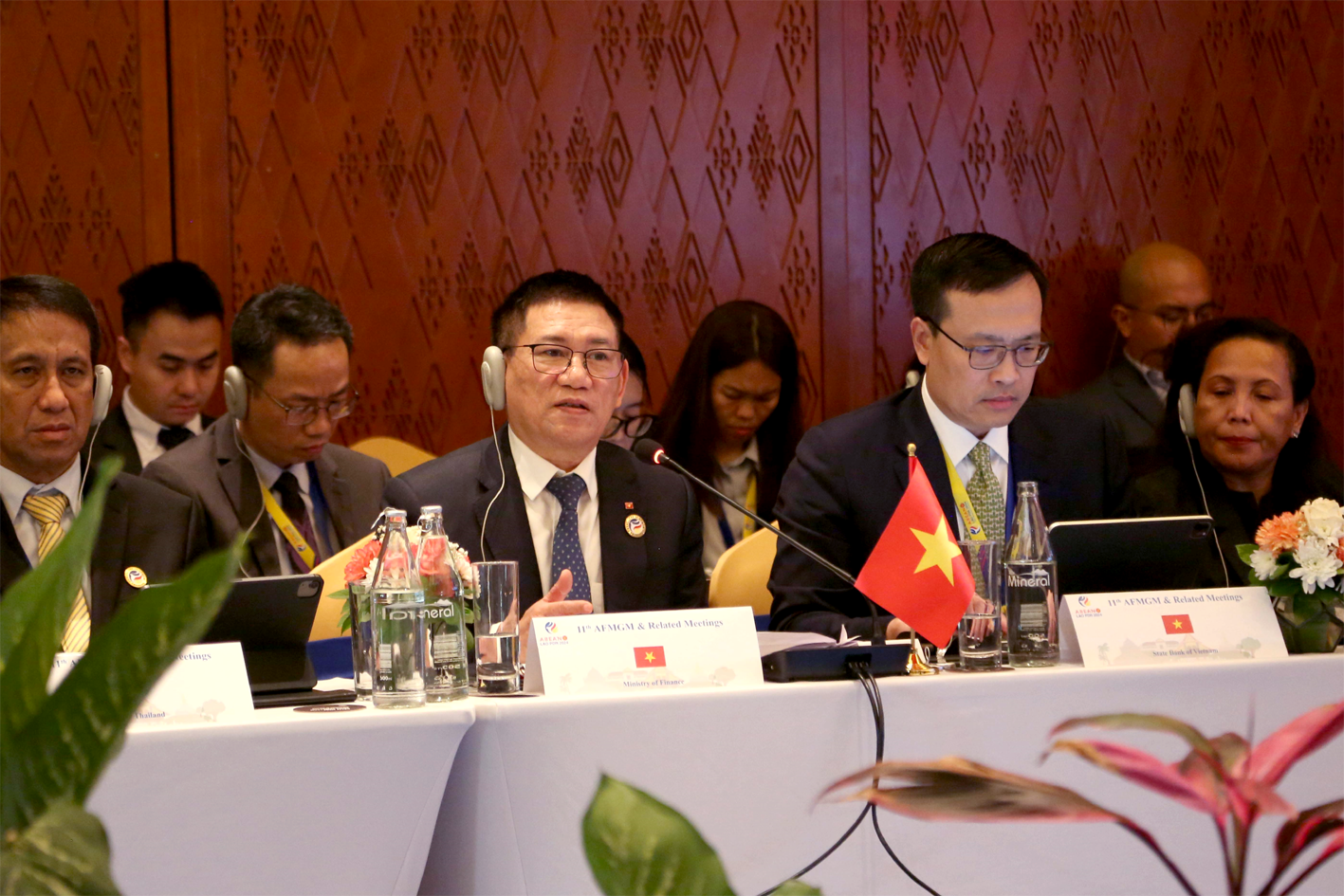
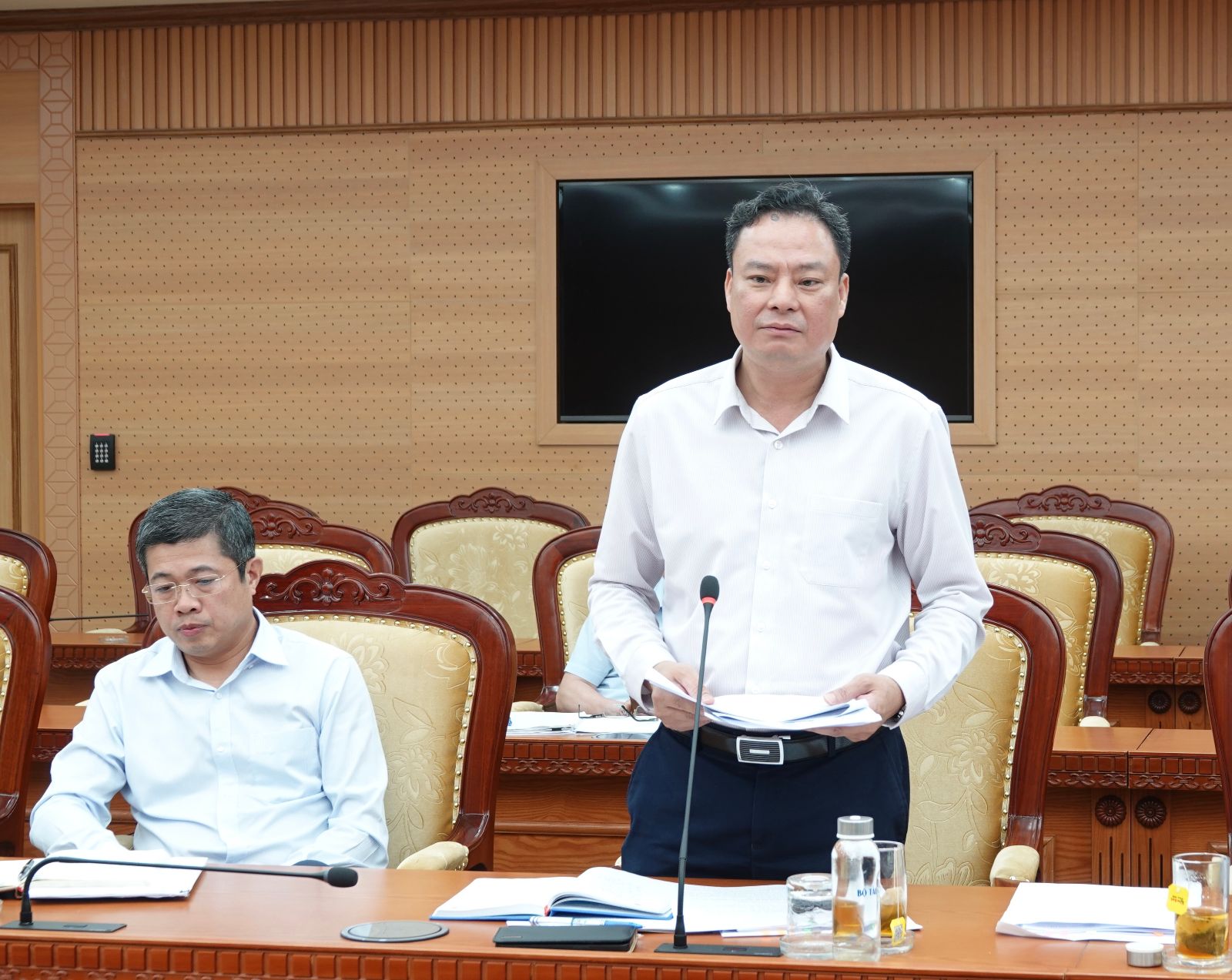
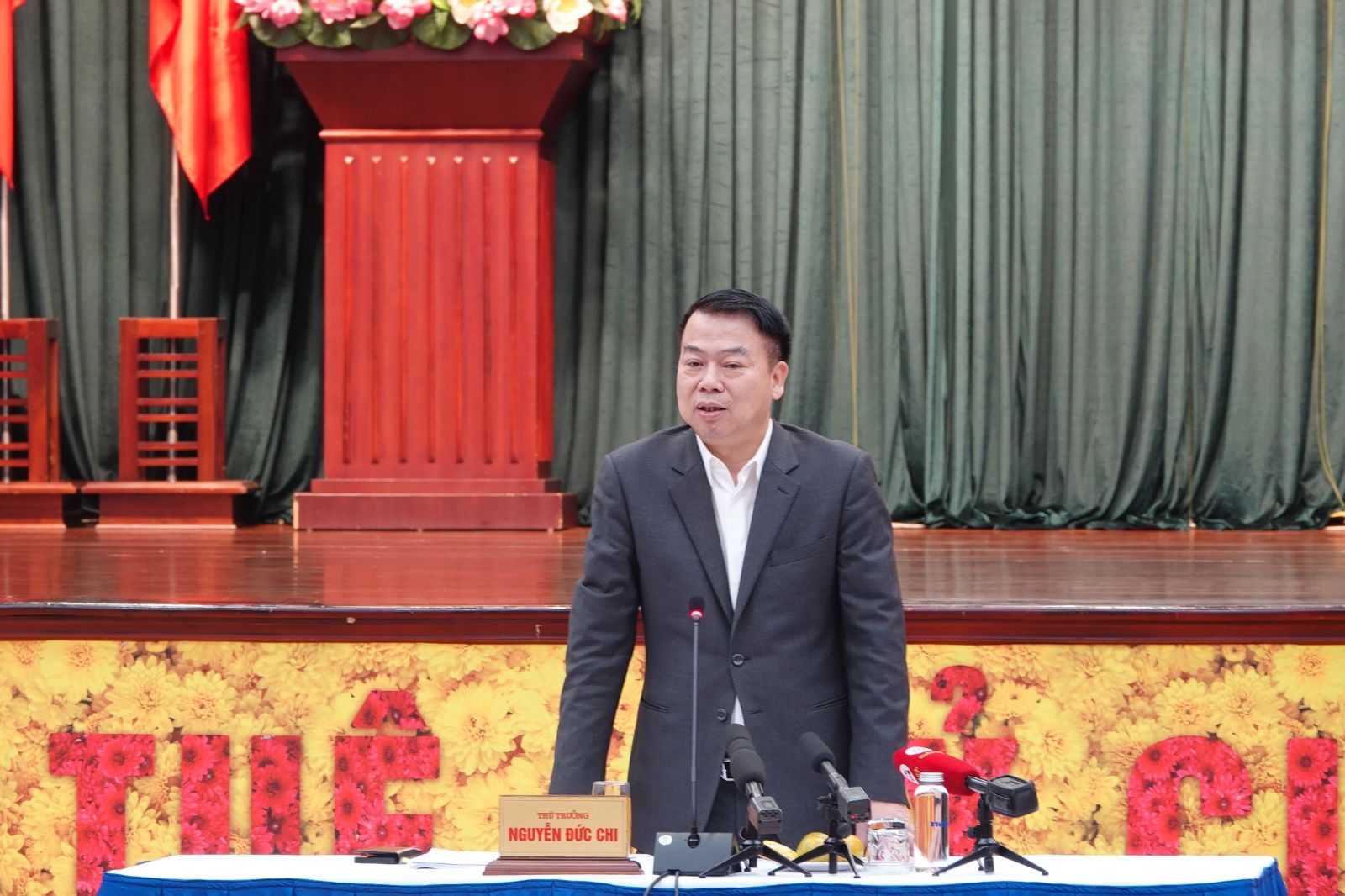
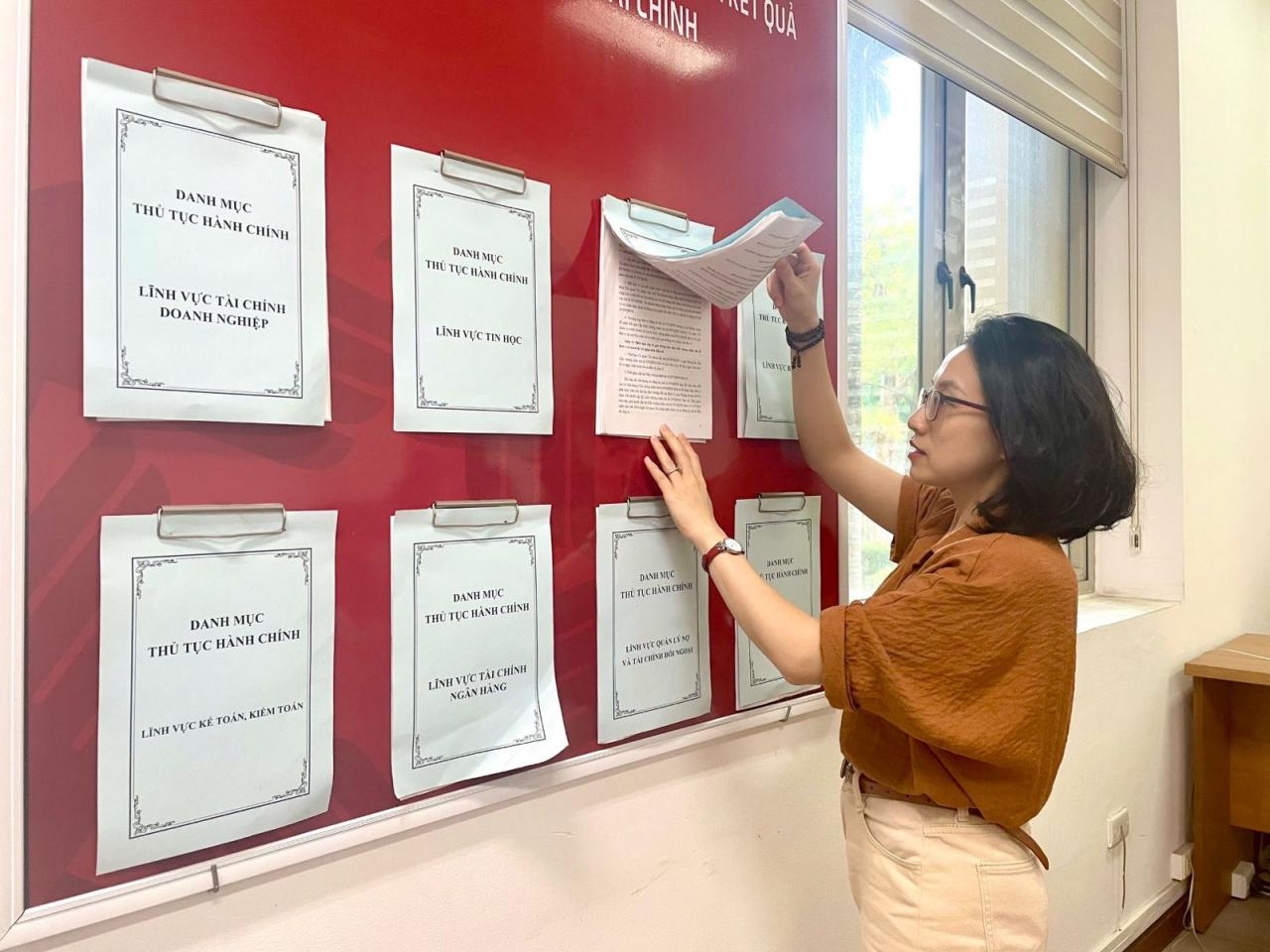
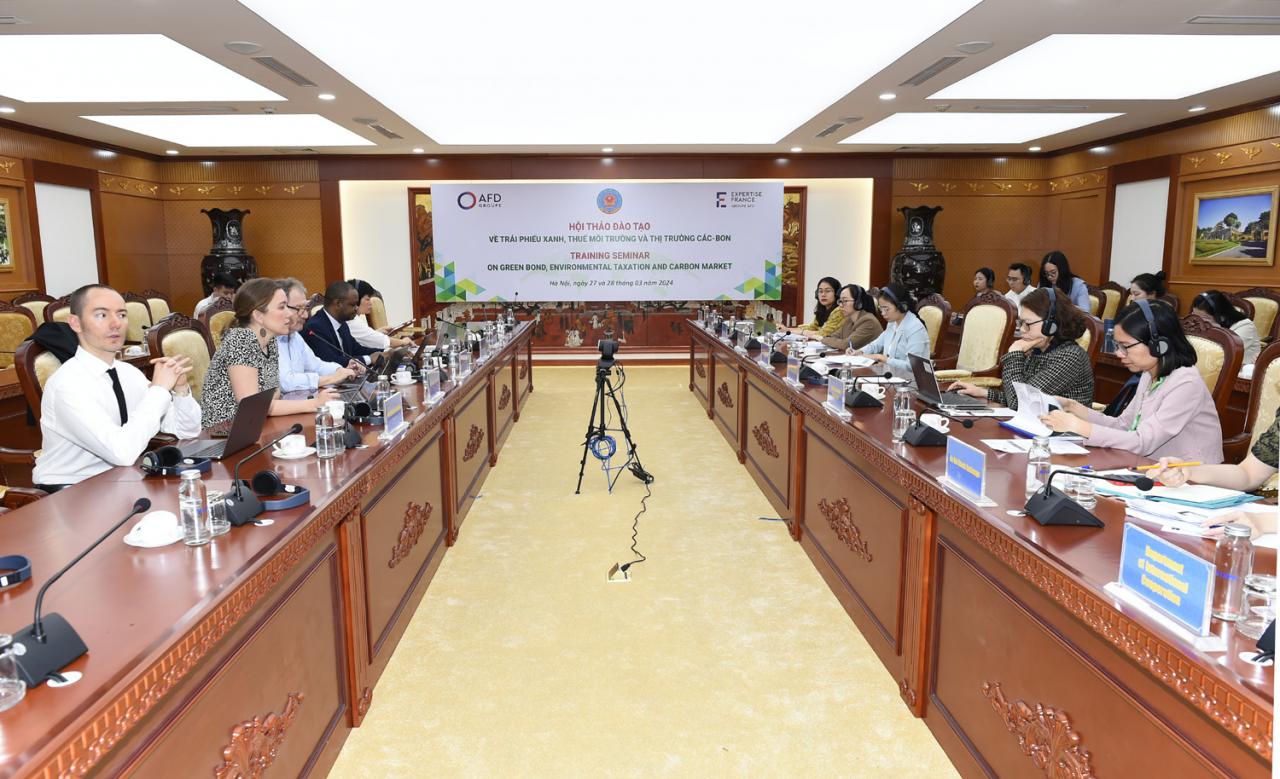

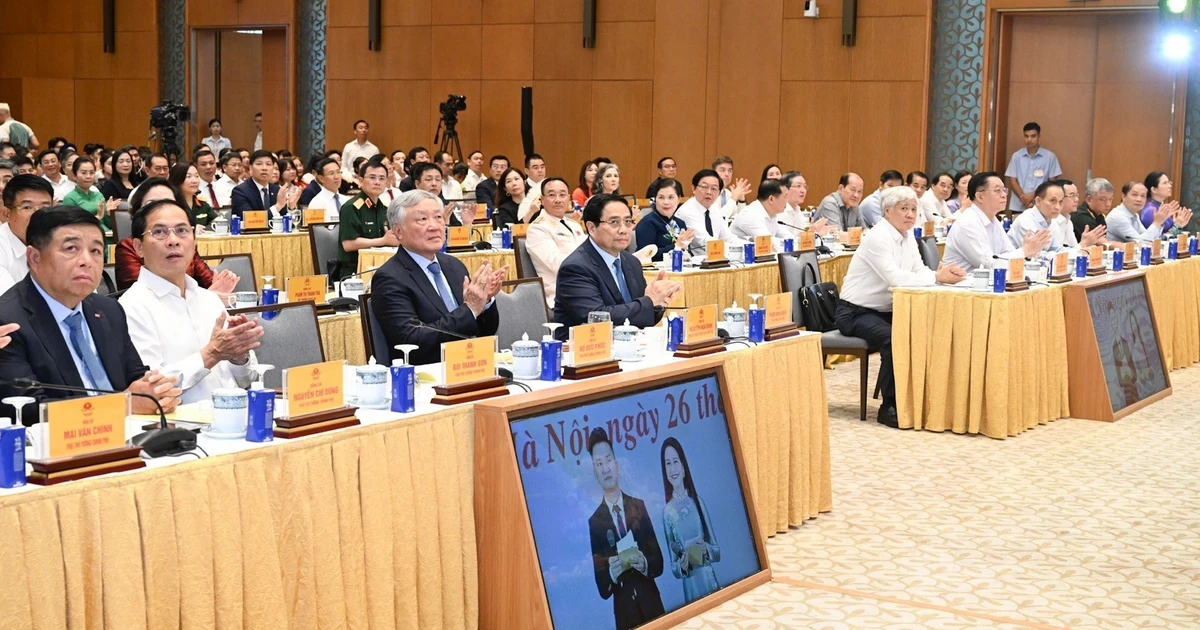




























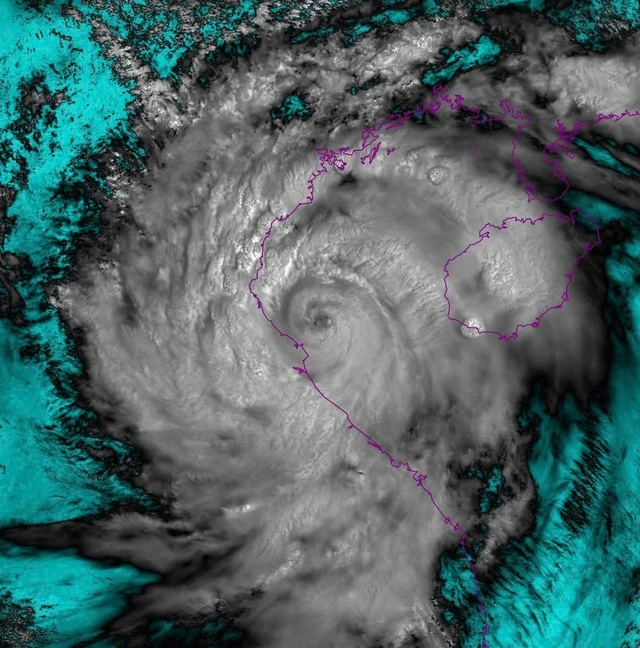

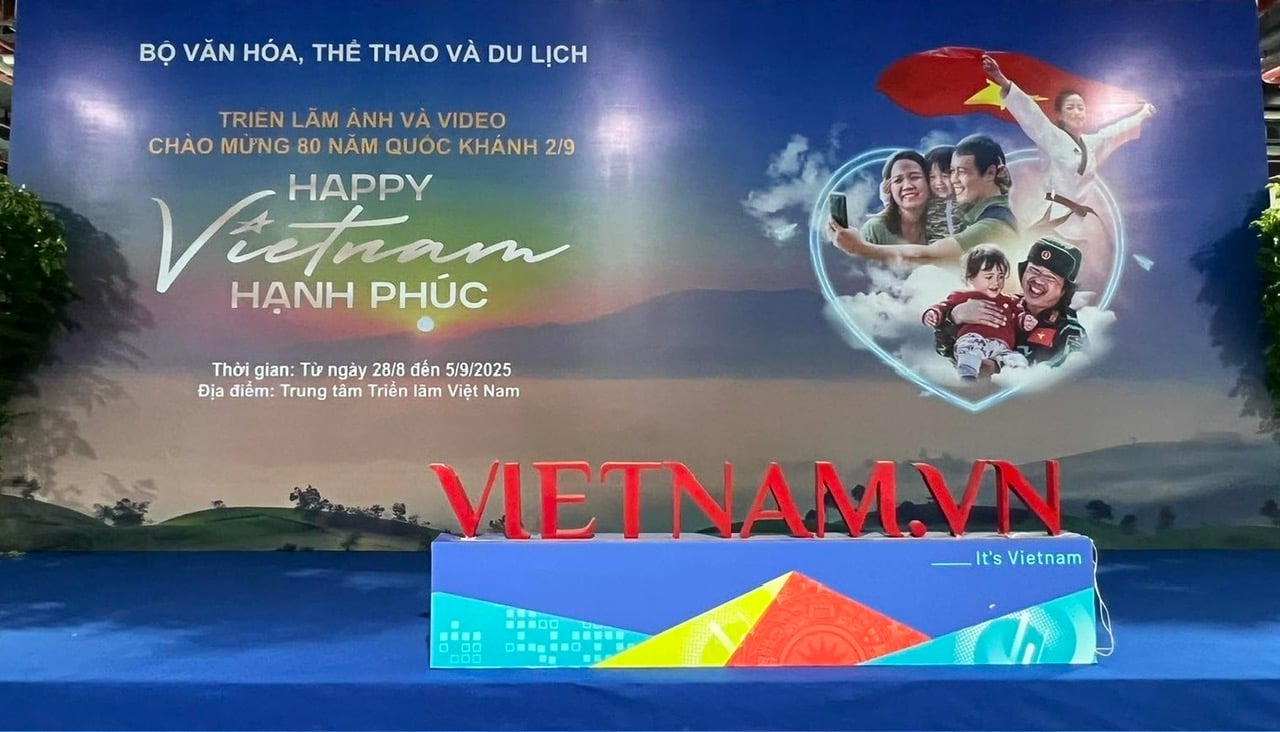
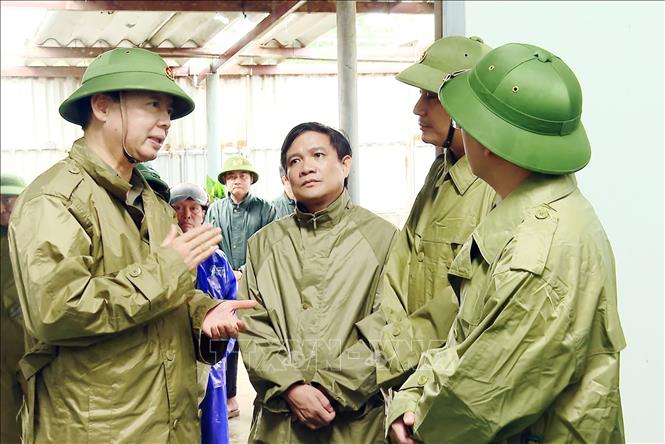

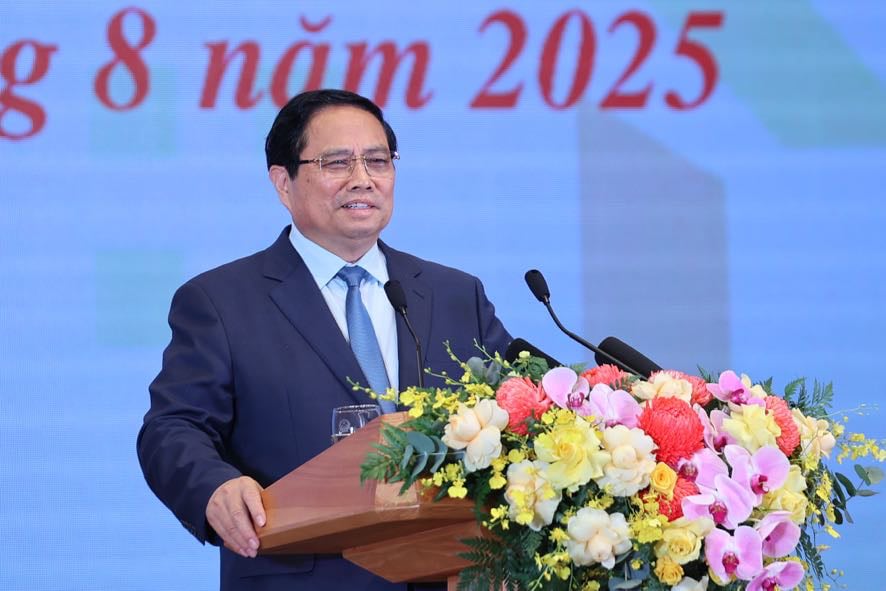
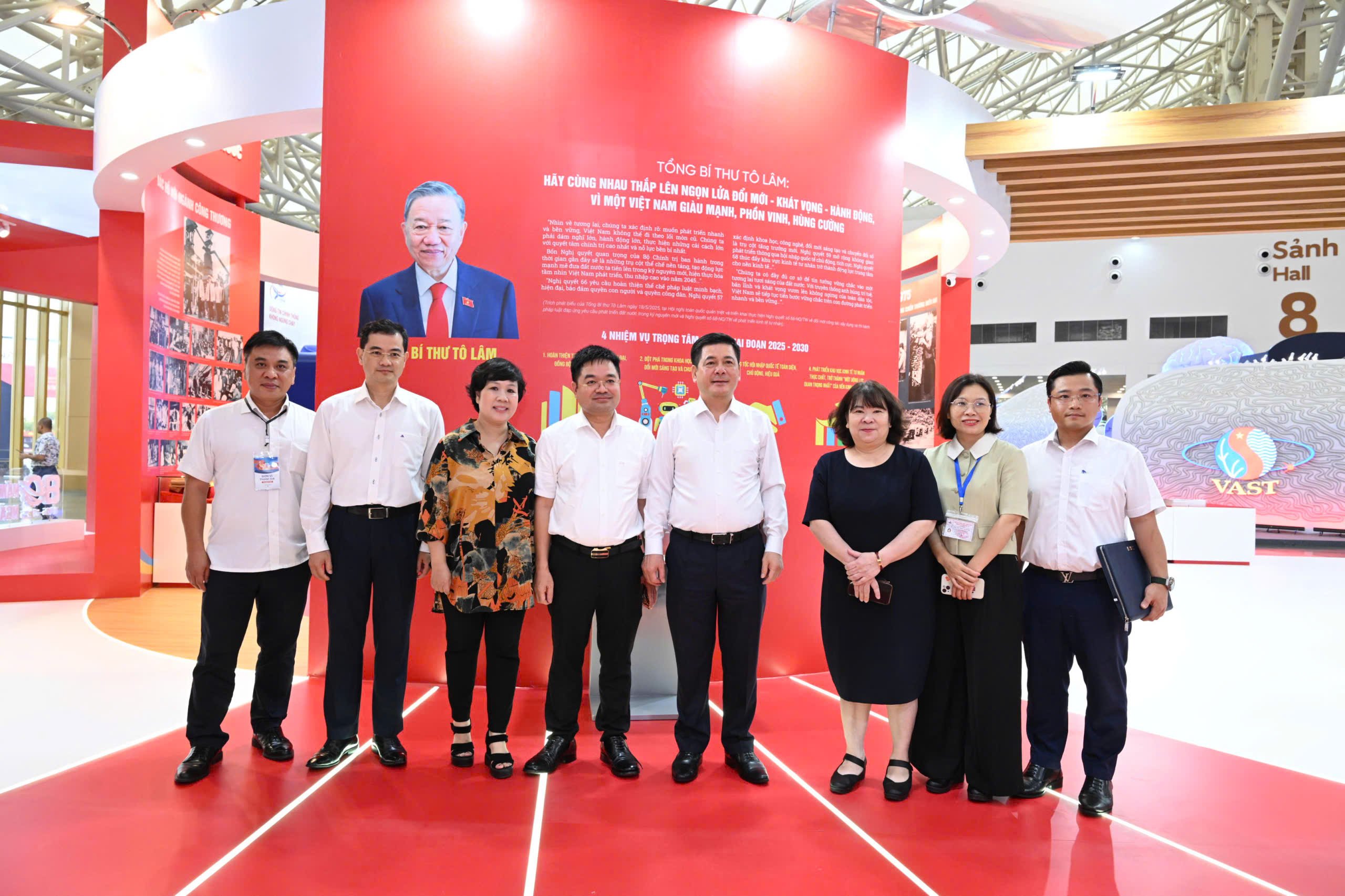

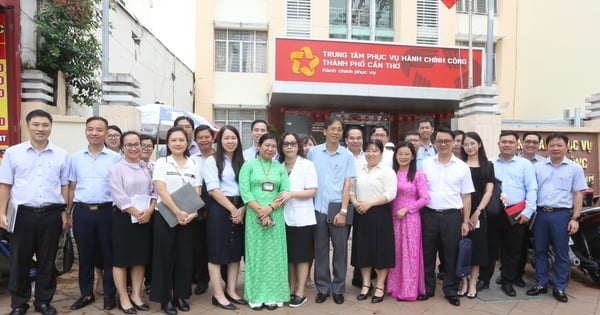
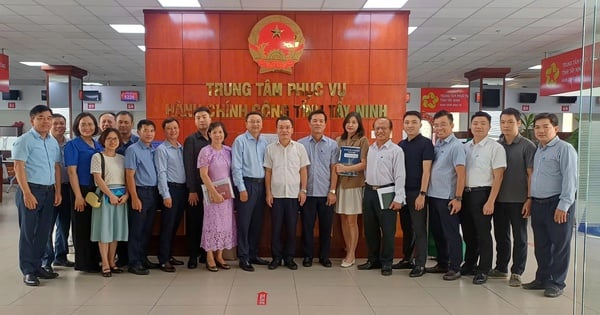
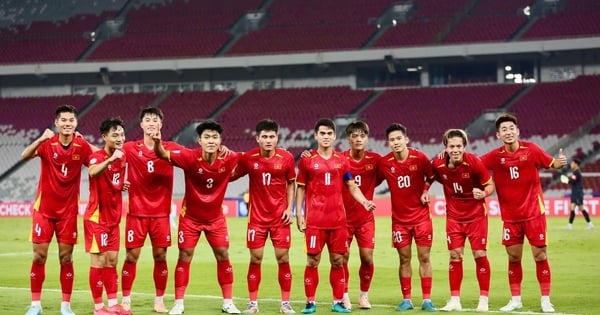

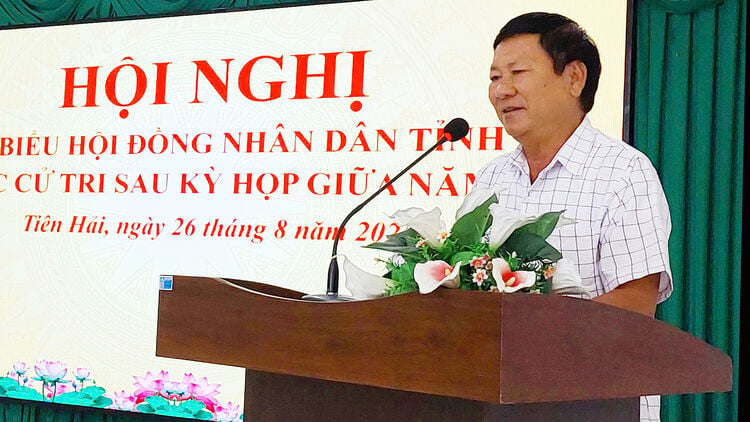

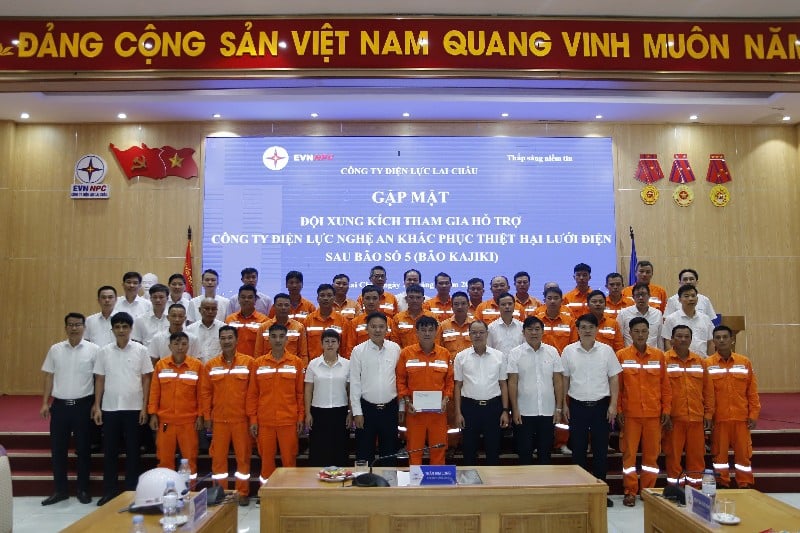

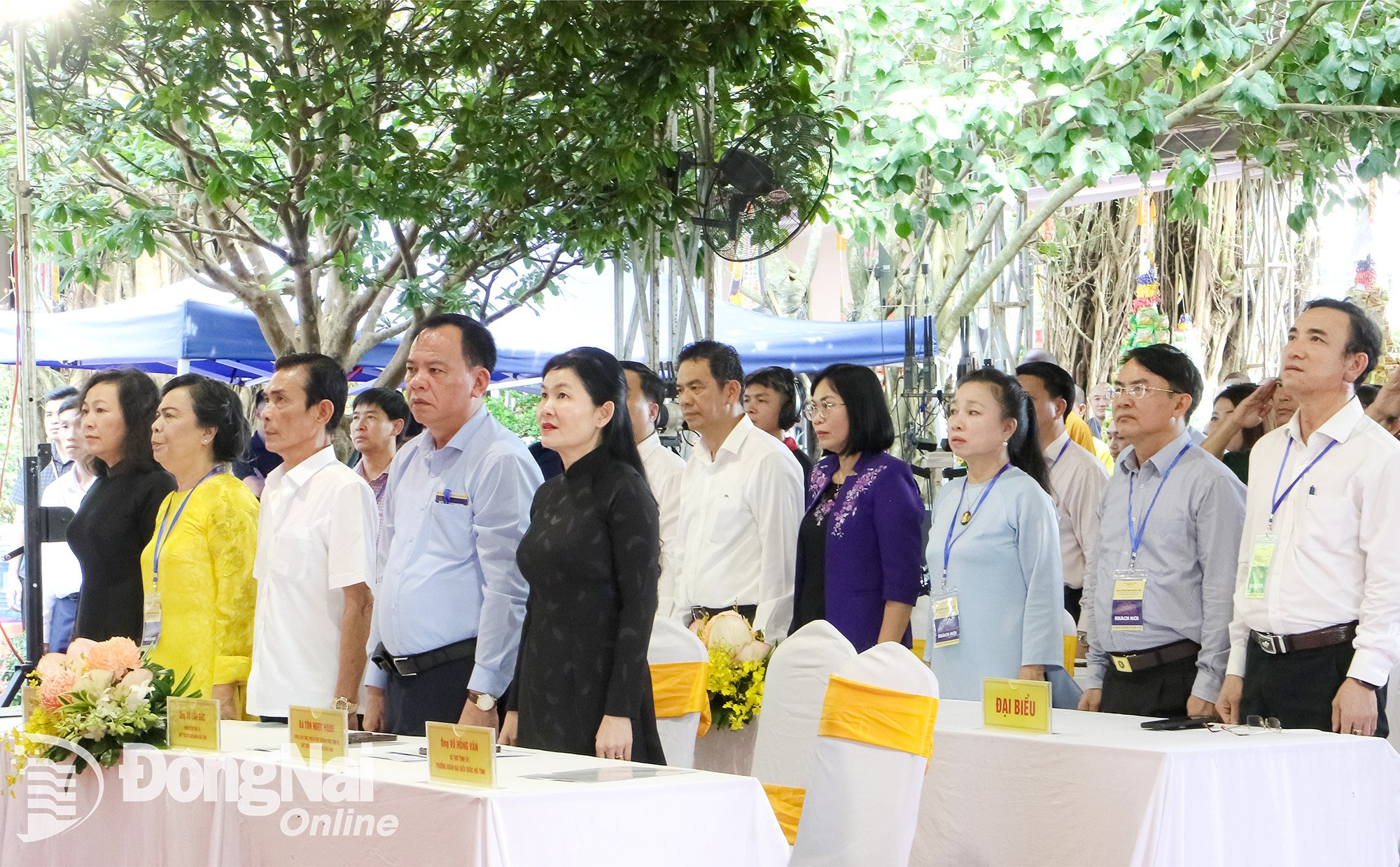

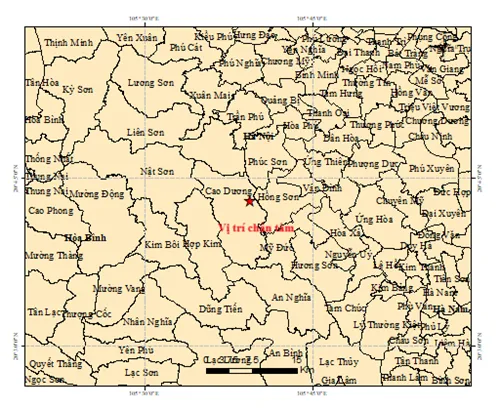
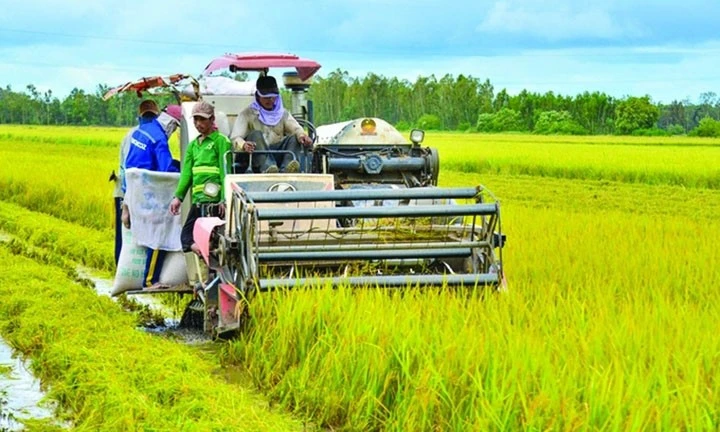

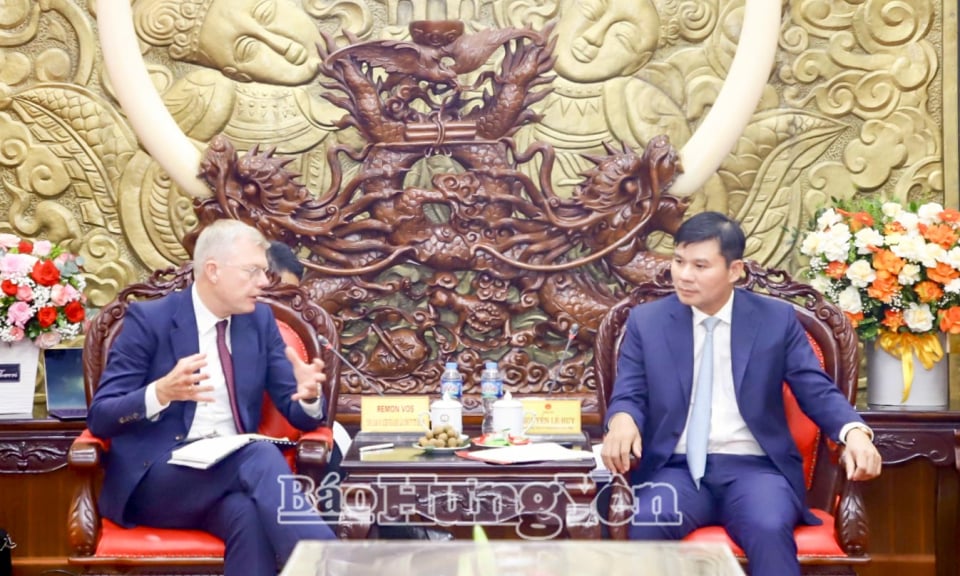






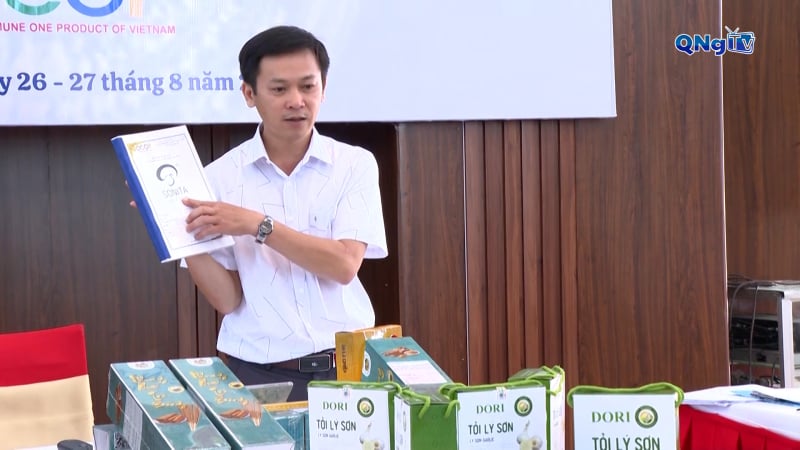










Comment (0)